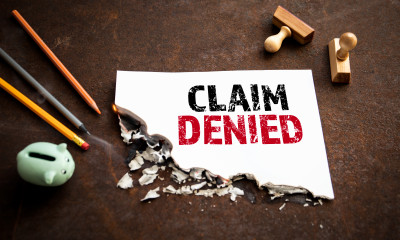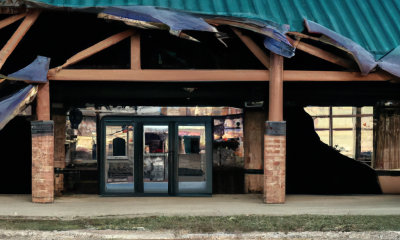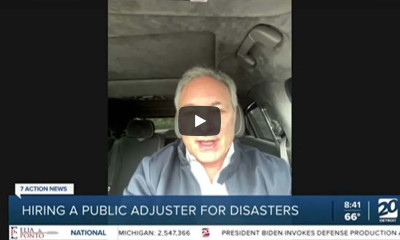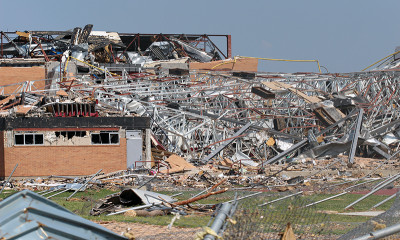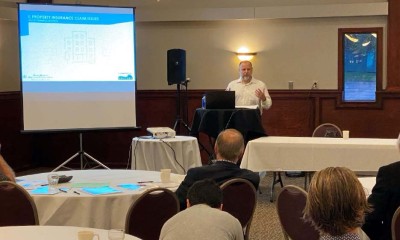Affirmative Obligations That Pop Up in Your Client’s Insurance Policy
It’s after work (if there is such a thing), maybe you are at a networking event or your kid’s little league game, and your phone rings — it is your client, and they tell you:
- They had a large house fire
- Their hotel had a pipe burst, and 48 out of the 80 rooms are damaged
- Their tenant was cooking in their apartment and caused a fire that affected 8 units; or
- An employee discarded a cigarette into a pile of trash in the main furniture warehouse, burning down all 150,000 square feet of it.
Suddenly and unexpectedly, the business your client relies on for income has been interrupted or their home is destroyed and they will need to seek shelter.
Your clients are calling you for help, for direction. So, what do you tell them? How do you help?
First and foremost, as trusted advisors and counselors and as good people, we need to understand the emotional impact of a major disaster on our clients. If there is no injury or loss of life, this often means assuring them that they will recover; that whatever was destroyed can be replaced and whatever was broken can be rebuilt.
And Step Two, it’s critical to understand that their financial recovery will be determined by the outcome of their insurance claim. As trusted advisors, our role is to help them get back on their feet and moving forward. The solution lies in knowing how to navigate and use their insurance policy.
After all, there is a difference between “having insurance” and “knowing how to use” your insurance policy.
As you can appreciate, an insurance policy is a complex legal contract that contains numerous requirements, affirmative obligations, timeframes, and even its own “method of dispute resolution.”
So, while trusted advisors cannot be experts on everything their clients may face, it’s important to be familiar with those situations that can significantly impact the lives of their clients’ families and businesses, and insurance claims are one of them.
When your client does suffer catastrophic property damage or a business interruption event, they will have to prepare and file a detailed property damage insurance claim.
Professional representation by a licensed public adjuster is the single best way to ensure your client complies with all the conditions and time-sensitive requirements detailed in their insurance policy. The following “knowledge points” are critical to the success of any property damage insurance claim.
- Initial Obligations
Within your client’s policy, it is important that they find the Loss Conditions subsection titled, “Duties in the Event of Loss or Damage.” This section is where some of their affirmative obligations are detailed, which include:
- Providing prompt notice of the loss.
- Protecting the property from further damage.
- The “duty to cooperate” by providing all information requested, including financial, tax, utility, or other documents in a timely fashion.
- Preparing & Presenting the Claim
Just because your client paid their premium doesn’t mean the insurance company will take care of everything. It is your client’s responsibility to understand the requirements in their policy and start the claim process. Remind them of this!
Also, make sure they understand that the insurance company handles claims every day — it’s their business. And because it’s their business, they have an experienced team of insurance adjusters and experts whose job is to protect the financial exposure of the insurance company.
Meanwhile, how many times has your client prepared a claim for a major property loss? The sides can be very lopsided (cue David vs. Goliath). So to help even the sides, have a team of licensed public adjusters working exclusively for your client.
Make sure these public adjusters also have experienced inventory specialists, forensic accountants, and building estimators on staff. Their combined property insurance claim expertise will identify and document the damage in detail, prepare an accurate claim, and negotiate a fair and just settlement for your client.
-
Compliance with All Timelines
Also known as deadlines, if timelines are missed, the claim can be denied. One of the earliest deadlines for your client is to submit a “Sworn Statement in Proof of Loss” (also referred to as a “Proof of Loss”). Specific information, including a detailed property loss claim, will have to be prepared and presented by your client.
Your client must swear to the accuracy of the information presented in their Proof of Loss, which is a hefty responsibility to prepare comprehensively and submit on time. Certain states have a set timeframe for submission that is crucial to abide by. Who can make sure these deadlines are met while your client focuses on their family or business? Public adjusters.
These obligations are a few of many that can occur. To learn more about the additional obligations and for assistance following a disaster, check out our insightful and helpful eBooks. That way, the next time the phone rings, you’ll have the insight necessary to make sure your client stays in control of their claim.
Blog Article by Stuart Dorf, JD — Senior Vice President of Business Development, Globe Midwest™ Adjusters International
For nearly a century, Globe Midwest™ public adjusters have managed thousands of property and business interruption claims for business owners and homeowners in Michigan, Illinois, Wisconsin, and the greater Midwest. Our unmatched expertise and resources have recovered billions of dollars in insurance settlements.



